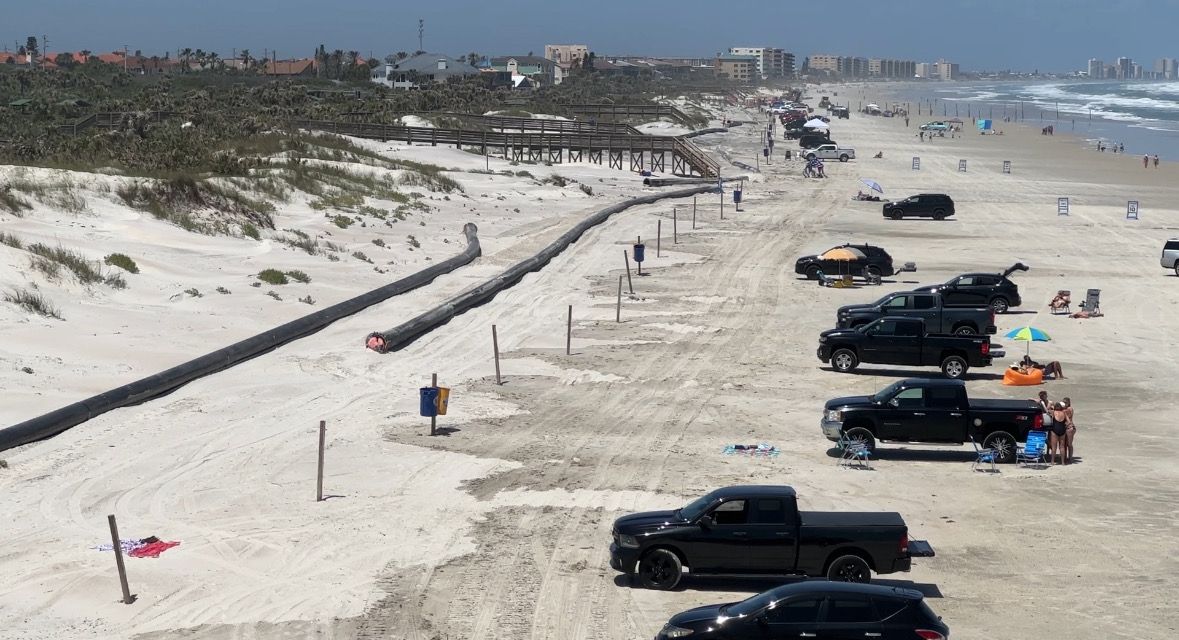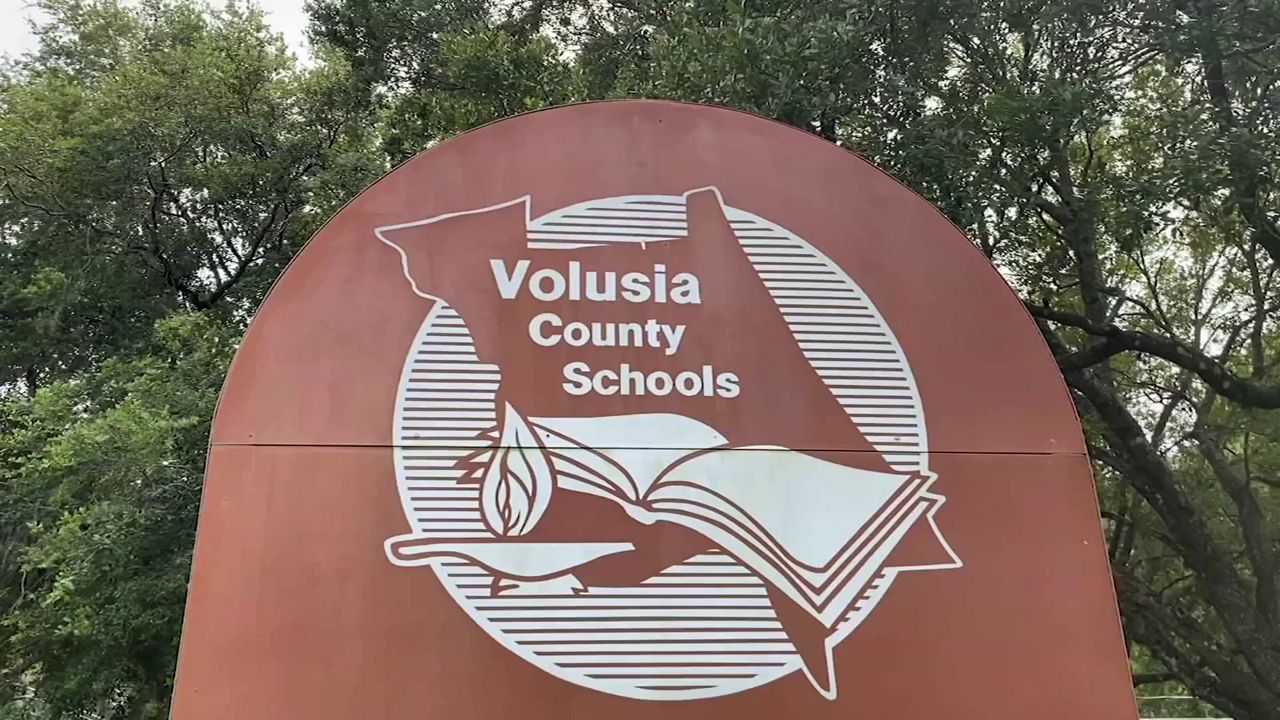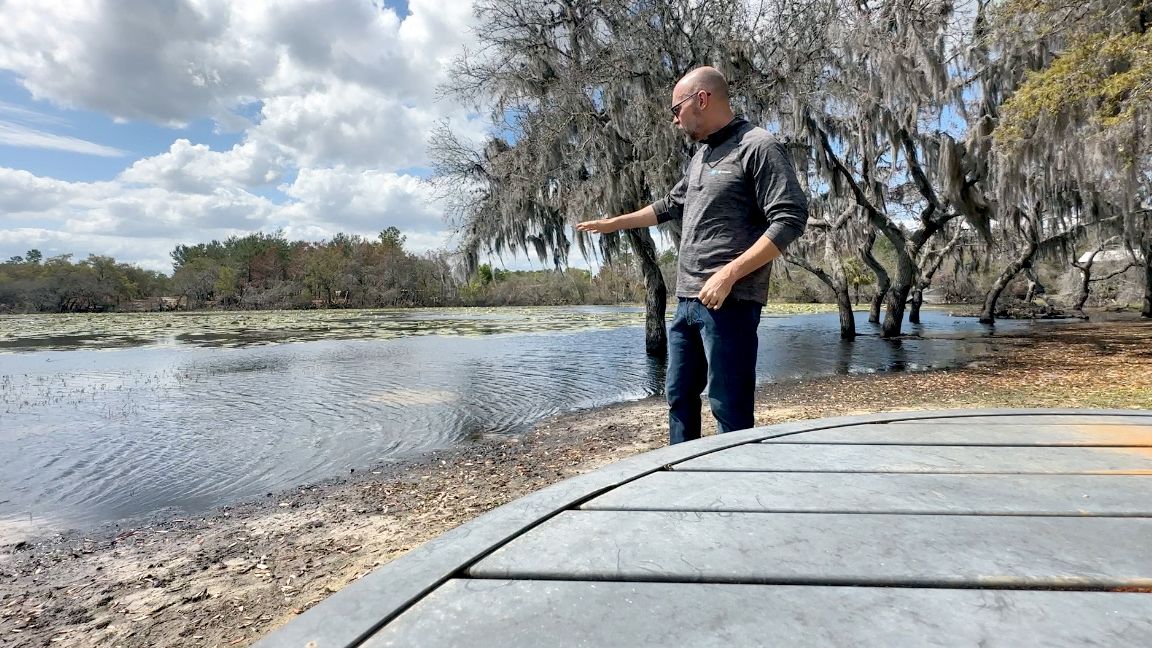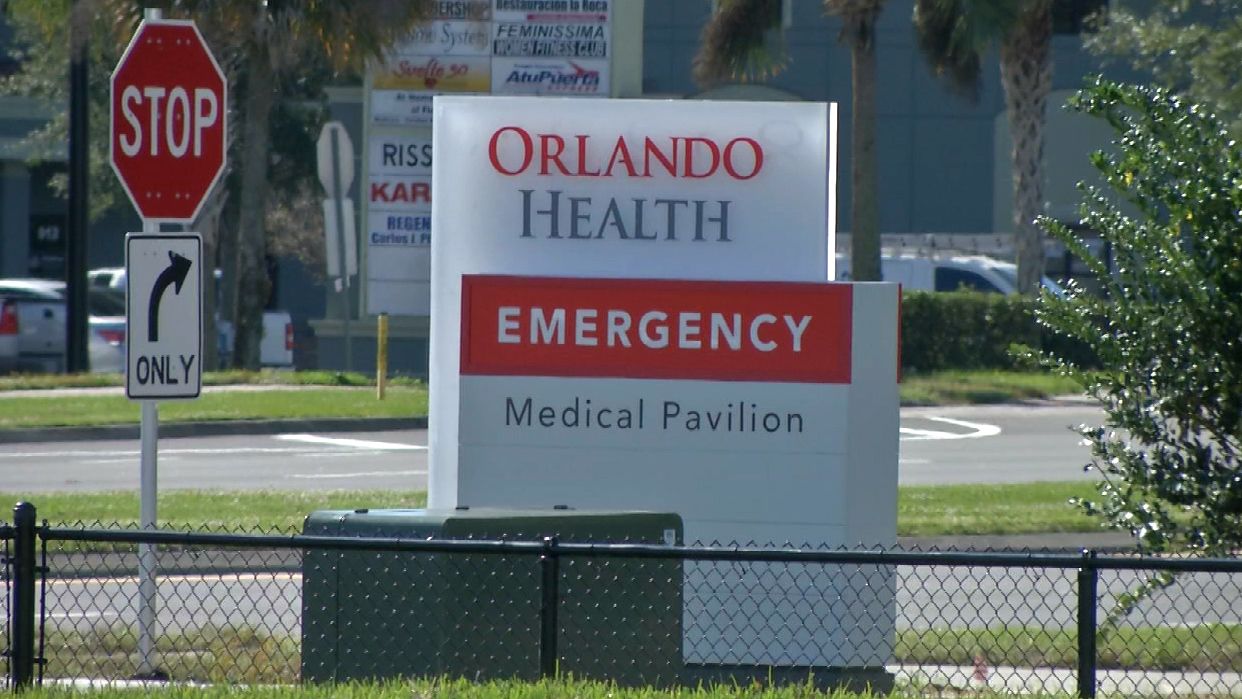ORANGE CITY, Fla. — Orange City residents are concerned about the flooding impacts from an affordable housing project approved by the Volusia County council in May.
The four different housing projects are part of an extended effort to address the affordable housing crisis.
Council members approved $7.8 million to build more housing units on West Minnesota Avenue, noting a 35% increase in local rent costs since 2021.
Since then, hurricane season caused concerns over extensive flooding in certain areas that aren’t used to seeing that type of overflow.
Many Volusia County residents attended a town hall nearly two weeks ago to address those concerns. However, they said they are still uncertain of how county leaders will fix the ongoing issues.
The 68-unit development is located next to the Coggin DeLand Ford and Honda dealerships. While the lot sits at approximately 60 feet above sea level, the road travels downward toward neighboring homes.
Stetson University Environmental Sciences professor Dr. Wendy Anderson said she believes this type of development could create additional flooding issues for residents in the future.
Anderson also sits on the board of the Volusia Soil and Water Conservation District.
In her spare time, she reviews topographic maps to determine how development within her county will change the hydrology in the area.
She said that when she looked at the topography for the West Minnesota Avenue project, it took her about 3 minutes to determine the flood risk to neighboring homes.
“There’s a bunch of houses that are down in this very low elevation area, and I’m assuming that at least that road probably already floods on a regular basis. But the houses down in there are sitting pretty high, but a couple of them aren’t,” Anderson said.
She said removing the trees that currently stand where the site will be will also exacerbate the problem, since they help to absorb the stormwater runoff from the Ford and Honda dealerships.
While Anderson acknowledges there is an affordable housing crisis in Volusia County, she said flooding contributes to that problem by increasing homeowners insurance rates, hence the cost of homes.
She said she believes the county needs to first figure out a long-term solution to flooding in order to address low-income housing developments.
She also said a building moratorium is just a Band-Aid solution, adding that there are other ways to go about addressing flooding, such as through low-impact development.
“Low-impact development isn’t just a set of site-planning tools, it’s also creating amenities," Anderson said. "Like people living in low-income housing deserve access to green space and nature just as much as people living in high-end homes. And so why not leave some of that forest available for kids in that apartment complex to be able to go out and explore and have fun?”
Volusia County Council members will hold a special meeting on Jan. 14 to address residents’ ongoing flooding concerns, which will include discussions of a potential building moratorium.











